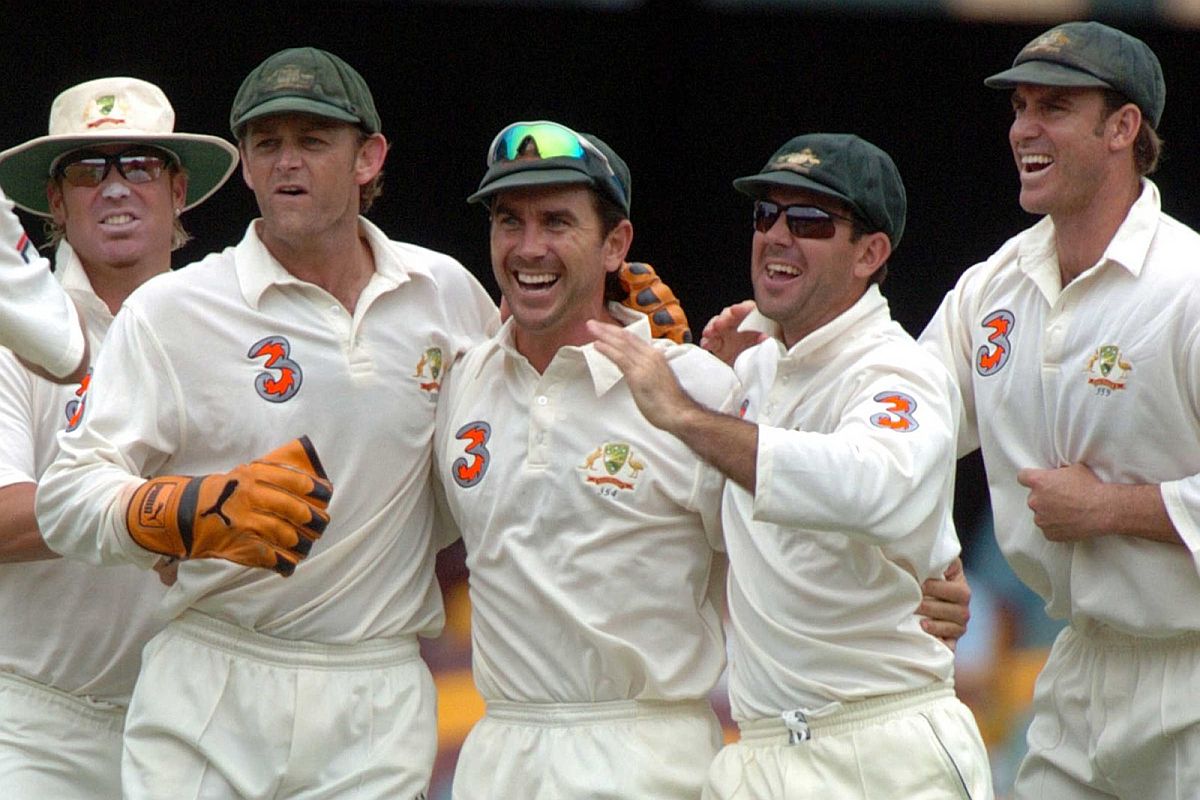Australia have never exactly been Test cricket’s milksops, or the Ashes series would not be what it has always been. England rubbed them up the wrong way in the 1932-3 Bodyline contests, eventually winning big, and probably leaving Australia convinced for ever that how you played mattered less than winning. And, adhering to that approach whenever they played, Australia made enemies galore down the years but built up a reputation for competitive durability the world came to be envious of, even as it frequently regretted the abrasive quality in their character.
They won and rubbed it in with a galling quip and a maddening smirk. But they no longer possess the old fire that destroyed an opposition even before the first ball in a match was bowled, and thereby hangs a tale. Australia have altered their off-thefield game plan, which previously alternated between barbs and darts at rivals for their projected weaknesses and obvious puff pieces suggestive of Australia’s overwhelming qualitative superiority. Ahead of the next Ashes, starting on 16 June at Birmingham, the media Down Under, always in an intimate partnership with Establishment bigwigs when the mother of all battles comes around, has been fretting and fuming because word is that England want shorter boundaries during the fivematch series. It is no pub-level rumour:
Advertisement
The Times, London said as much in an exclusive piece of news. Australia are roughly as wary as a cat in a strange alley apprehending a half-brick in the ribs, given England’s highly impressive track record since the ultra-aggressive Bazball batting strategy came to be hit upon by coach Brendon McCullum, endorsed by captain Ben Stokes. Bringing the boundary rope in will surely help the hosts’ power-hitters, but rather than find in it an opportunity also for their own batsmen, who slog harder at home anyway, Australians appear inclined to strike an apocalyptic note.
They think it is gamesmanship, looking for the legal “devil in the detail” to scupper England’s plans. You may not be wrong in detecting a certain diminishing level of collective confidence, though it is claimed, simultaneously, that India’s “raging turners” and Blighty’s mighty ploy are essentially “feathers in the Baggy Green caps,” implying that it takes methods they consider questionable to upset Australia. But it was Down Under, in the conditions the hosts offered, that India won two successive series before winning the latest, which was at home.
If facts are facts, Australia, quite uncharacteristically, appear to suffer an attack of the collywobbles. It cannot be good for them. Touring India not so long ago, part of their Press happened to ask Ravi Shastri how Australia could achieve better results than they had shown. He said they would do well to ferret the old aggression out of their box of tricks. As of now, the ploy is lost in the miscellany the box stores. Or, so it seems.
